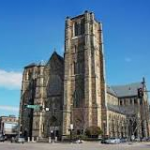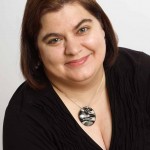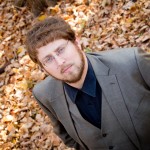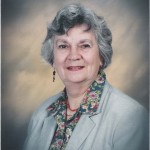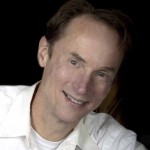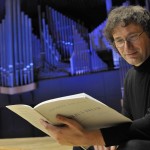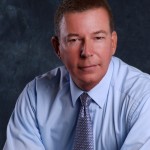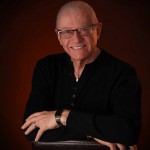9:00–10:00 a.m.
Opening Worship | Cathedral of the Holy Cross, Boston
New Music Premieres
“Eternal Ruler of the Ceaseless Round” – SATB chorus and Organ – Libby Larsen
“March to Glory” – Organ Solo – Carol Barnett
“O Be Joyful in the Lord” – SATB Chorus and Organ – Matthew Martin
“Sortie” – Organ Solo – Daniel Roth (Commissioned by Leo Abbott)
The 2014 AGO national convention’s opening worship service takes place at historic Cathedral of the Holy Cross in Boston’s South End. The Rev. Barbara Cawthorne Crafton, Episcopal priest and author, is the featured preacher. The service includes the premiere of “Eternal Ruler of the Ceaseless Round” by Libby Larsen, “March to Glory” by Minnesota-based composer Carol Barnett, and a Jubilate Deo by Matthew Martin, sung by the Choir of Trinity Church, Copley Square, conducted by Director of Music and Organist Richard Webster accompanied by Associate Director of Music and Organist Colin Lynch. Also receiving its first performance is a Sortie by Daniel Roth of Saint Sulpice, Paris, commissioned and performed by Leo Abbott, Music Director and Organist at Holy Cross Cathedral. Written specifically for the cathedral’s 1875 E. & G. G. Hook & Hastings organ, the work is based on the plainchant Ut queant laxis. The commission was partially funded by grants from the Boston Chapter AGO, Special Projects Advisory Committee; the District of Columbia AGO Foundation; and a donation from the Durgin family in memory of the late C. Peter Durgin.

